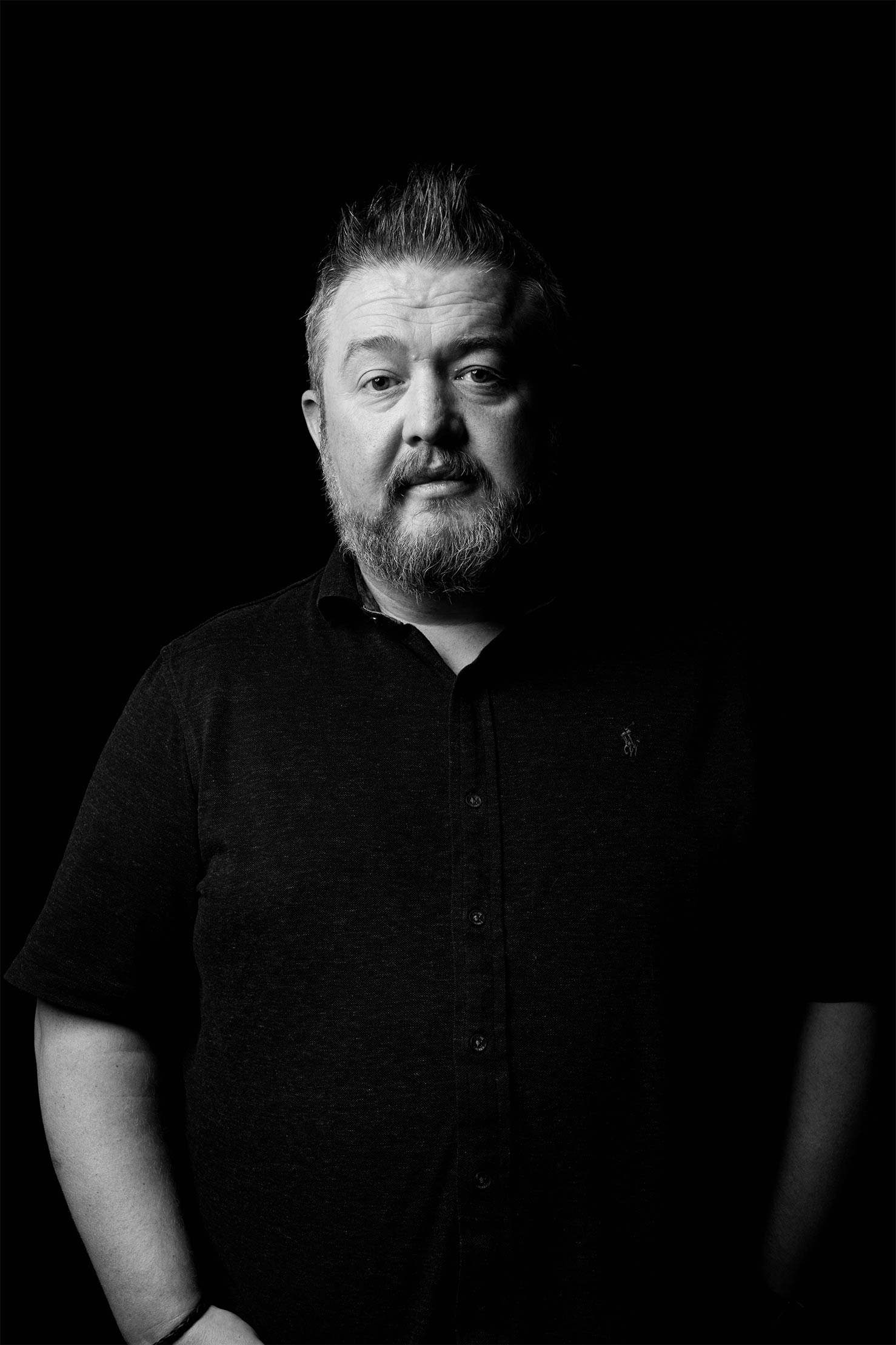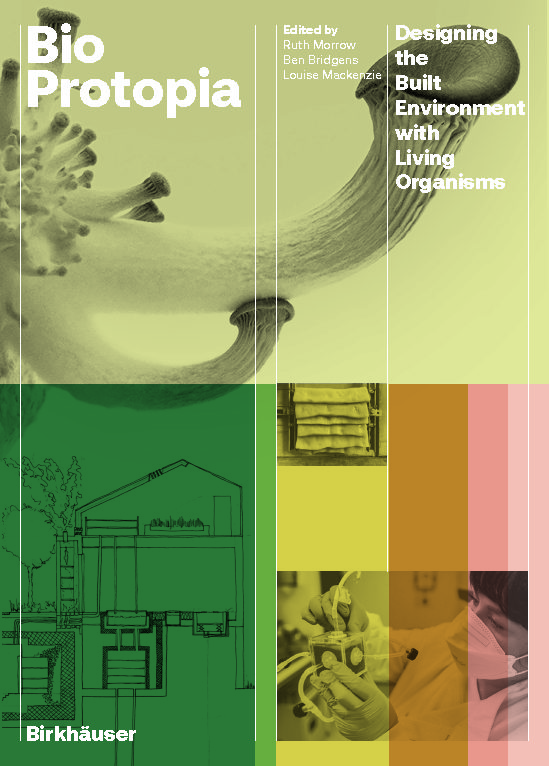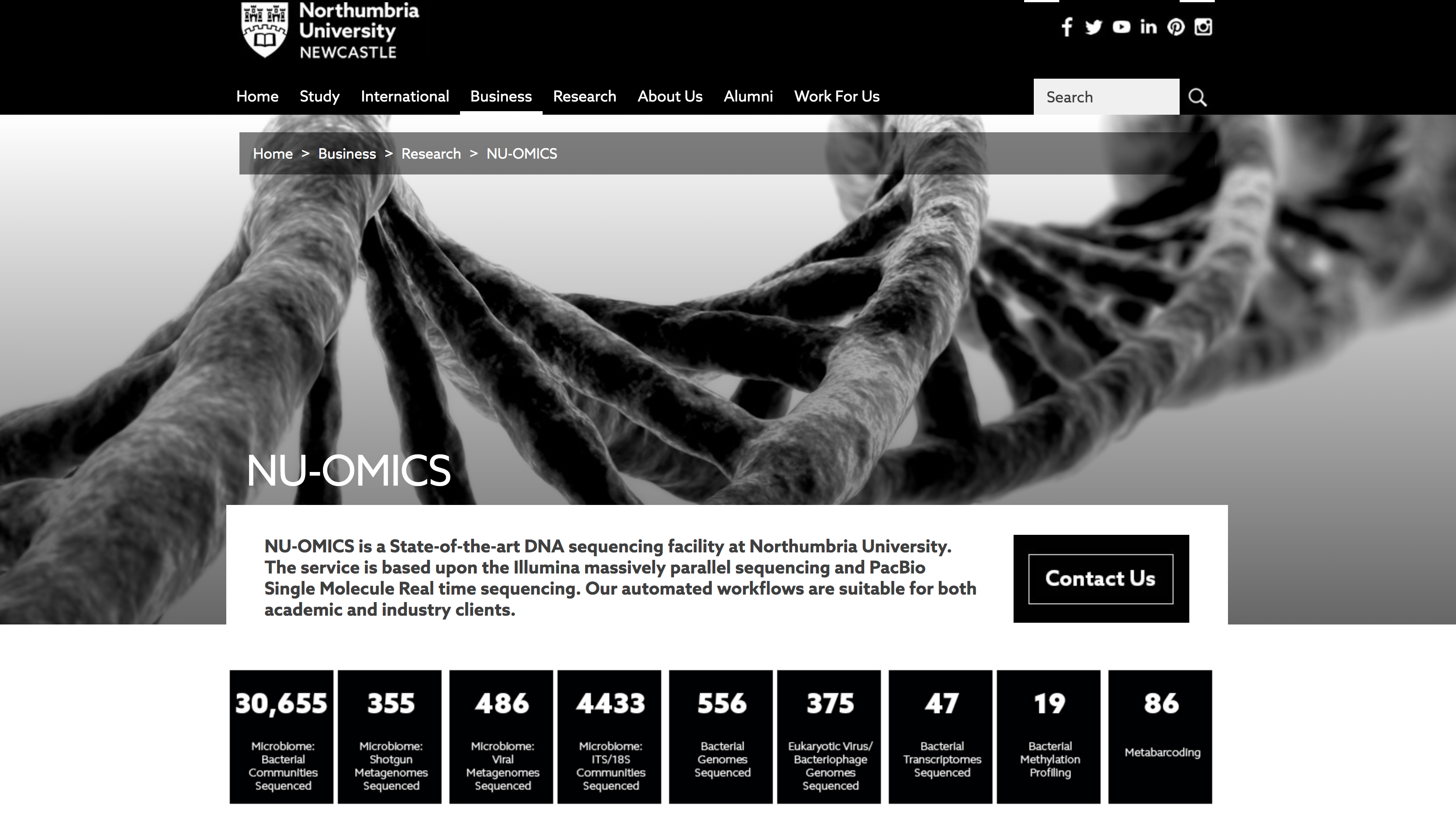
Prof. Darren Smith
Professor in Bacteriophage Biology-BBE Theme Lead 'Microbial Environments'
Prof. Smith is a Professor in Bacteriophage Biology at Northumbria University and the HBBE 'Microbial Environments' theme lead.
His Groups focus in the HBBE is studying the development of microbiomes in the built environment, between different spaces and how they can be sampled in real time using DNA sequencing. With increasing knowledge of the diversity of microbial environments in our surroundings whether at work or at home, we will be offered ways to modulate or augment our microbial environments. His wider groups research interests relate to how bacteriophages alter bacterial physiology, phenotype and bacterial community structure through chromosomal integration, subversion of cell function, or during active infection and cell lysis. His group uses lab, multi-omic and bioinformatics-based approaches to determine the physiological impact of lysogeny or lytic infection on the host bacterium and the surrounding microbiota in clinical and environmental settings. His groups research aims are to offer an insight into the modulation of microbial communities and how phages play a role in bacterial/community selection and evolution.
All research is heavily linked to genomics, metagenomics, transcriptomics and linked to a range of techniques including; molecular, protein, bioinformatics, microbiological and virology based techniques to study; virus-host interactions; phage genomics; identification of phage encoded genes that provide positive selection for the infected bacterial host and seasonal epidemiology versus virus genotype.
Prof. Smith is the academic lead for the DNA sequencing research facility at Northumbria University, NU-OMICS that is linked to both academic and industrially linked DNA sequencing projects.
His Groups focus in the HBBE is studying the development of microbiomes in the built environment, between different spaces and how they can be sampled in real time using DNA sequencing. With increasing knowledge of the diversity of microbial environments in our surroundings whether at work or at home, we will be offered ways to modulate or augment our microbial environments. His wider groups research interests relate to how bacteriophages alter bacterial physiology, phenotype and bacterial community structure through chromosomal integration, subversion of cell function, or during active infection and cell lysis. His group uses lab, multi-omic and bioinformatics-based approaches to determine the physiological impact of lysogeny or lytic infection on the host bacterium and the surrounding microbiota in clinical and environmental settings. His groups research aims are to offer an insight into the modulation of microbial communities and how phages play a role in bacterial/community selection and evolution.
All research is heavily linked to genomics, metagenomics, transcriptomics and linked to a range of techniques including; molecular, protein, bioinformatics, microbiological and virology based techniques to study; virus-host interactions; phage genomics; identification of phage encoded genes that provide positive selection for the infected bacterial host and seasonal epidemiology versus virus genotype.
Prof. Smith is the academic lead for the DNA sequencing research facility at Northumbria University, NU-OMICS that is linked to both academic and industrially linked DNA sequencing projects.
November 10, 2023
We are delighted to share updates on the latest work from the Microbial Environments Theme, researching on OMEinfo. WHAT IS OMEinfo? OMEinfo is an open-source bioinformatics […]
October 10, 2023
June 6, 2023
Published: 06 Jun 2023 Designing with living materials: thoughts on the paradigm shift and an overview of the state of research What is “Bioprotopia”? It is a […]
Microbial Environments Theme Lead




